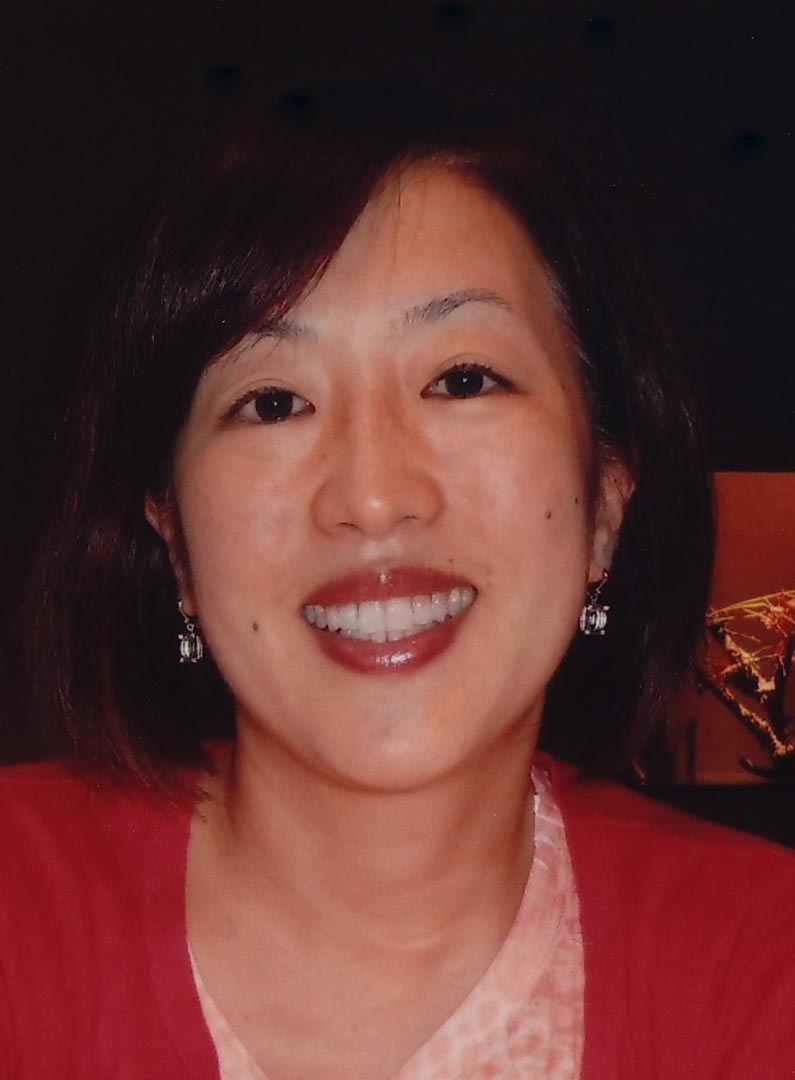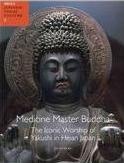Yui Suzuki

Distinguished Affiliate, Premodern Japanese Art, Art History and Archaeology
Education
Ph.D., Art History, University of California, Los Angeles
Research Expertise
Asia
Yui Suzuki taught in the Department of Art History and Archaeology from 2006-2017, and served as Director of Undergraduate Studies from 2014-17. As a scholar of premodern Japanese Buddhist visual and material culture, Dr. Suzuki’s research focuses on the processes and mechanisms by which people and objects (both ritual and mundane) and even larger structures (such as monuments) mediate the living and dead, the material and spiritual. She is the author of Medicine Master Buddha: The Iconic Worship of Yakushi in Heian Japan (Leiden: Brill, 2012), which illuminates the primacy of Buddhist sculptural icons in disseminating the worship of the Medicine Buddha. She has published on a variety of topics, including Buddhist temple museum spaces and images of childbirth and apotropaic rites. She is currently examining the war memorials erected on the island of Iwo Jima between 1945 and 1985 to commemorate the Japanese and American soldiers who died in the Battle of Iwo Jima (19 February–26 March 1945).
Dr. Suzuki is also interested in utilizing mindfulness in her pedagogy to enhance student learning. Together with her colleague Dr. Renée Ater, she has been incorporating mindfulness practices in the classroom and other public institutions. She is a member of the Association for Contemplative Mind in Higher Education (ACMHE), a multidisciplinary academic association with an international membership of educators, administrators, staff, students, researchers and other professionals committed to the transformation of higher education through the recovery and development of mindfulness in teaching, learning, and knowing.
Yui Suzuki holds an M.A. in Asian Studies from Sophia University, Tokyo, Japan and a Ph.D. in Art History from the University of California, Los Angeles.
Pressly Forum, November 2015, "Mindfulness in the Classroom"
Publications
Medicine Master Buddha: The Iconic Worship of Yakushi in Heian Japan
A monograph examining the sculpted images and devotional worship of the Medicine Master Buddha (J. Yakushi) during the Heian period (794-1185CE).
Author/Lead: Yui Suzuki
Read More about Medicine Master Buddha: The Iconic Worship of Yakushi in Heian Japan

